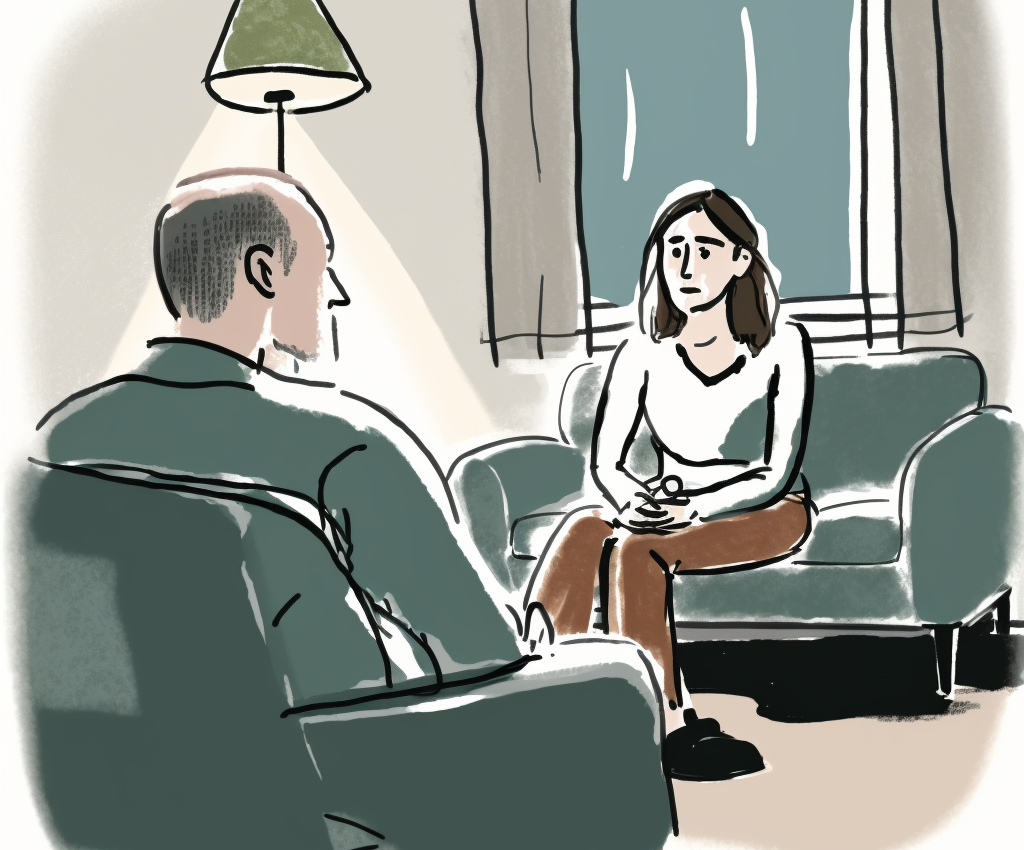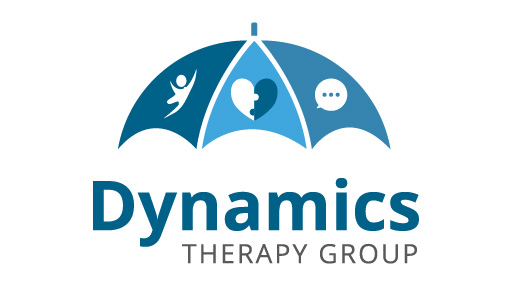
Therapeutic relationships are built on trust, understanding, and open communication. Establishing trust is essential for a successful outcome in therapy, as it allows clients to feel safe and comfortable enough to share their thoughts, feelings, and experiences. In this blog post, we will explore the importance of trust in therapy, how it can be built using psychological insights, and how incorporating tools developed by Phil Stutz can help strengthen the therapeutic bond.
- The Importance of Trust in Therapy
Trust is a vital component of the therapeutic process for several reasons:
a. Safety: Trust creates a safe environment for clients to share their deepest emotions, thoughts, and experiences without fear of judgment or criticism.
b. Vulnerability: A trusting relationship encourages clients to be more open and vulnerable, enabling them to tackle challenging issues and make meaningful progress in therapy.
c. Collaboration: Trust fosters a collaborative atmosphere, where both therapist and client work together towards achieving the client’s goals.
- Building Trust in Therapy: Psych Insights and Techniques
To establish trust in therapy, several psychological insights and techniques can be employed:
a. Unconditional Positive Regard: Demonstrating genuine care and acceptance for the client, regardless of their actions or feelings, helps build trust and fosters a strong therapeutic alliance.
b. Empathy: Understanding and validating the client’s emotions and experiences allow them to feel heard and understood, creating a foundation for trust.
c. Authenticity: Being open, honest, and genuine in interactions with clients promotes trust and strengthens the therapeutic relationship.
d. Confidentiality: Ensuring the client’s information is protected and maintaining professional boundaries contribute to creating a trusting environment.
- Phil Stutz’s Tools for Strengthening Trust in Therapy
Phil Stutz, a renowned psychotherapist, has developed several tools that can help therapists and clients build trust and enhance the therapeutic process:
a. The Reversal of Desire: This tool encourages clients to face their fears and anxieties head-on, allowing them to build trust in their ability to cope with challenging situations and develop confidence in the therapist’s guidance.
b. The Inner Authority: By helping clients tap into their inner authority, this tool empowers them to trust their instincts and judgment, fostering self-trust and confidence in the therapeutic process.
c. Active Love: This practice involves consciously sending love and positive energy to others, including the therapist, which can help create a deeper emotional connection and strengthen trust.
d. The Grateful Flow: Focusing on gratitude can help clients shift their perspective and build trust in the inherent goodness of life, making them more receptive to the therapeutic process.
- Maintaining Trust throughout the Therapeutic Process
Trust must be nurtured and maintained throughout the therapeutic journey:
a. Consistency: Providing a consistent therapeutic environment, including adhering to appointment schedules and maintaining a stable approach, reinforces trust.
b. Transparency: Being transparent about the therapeutic process, including discussing goals, expectations, and potential challenges, fosters trust by keeping clients informed and involved.
c. Responsiveness: Addressing clients’ concerns and needs in a timely and appropriate manner helps maintain trust and demonstrates the therapist’s commitment to the client’s well-being.
Conclusion
Trust is a cornerstone of successful therapy, enabling clients to open up, be vulnerable, and collaborate effectively with their therapists. By incorporating psychological insights and techniques, as well as tools developed by Phil Stutz, therapists can establish and maintain trust with their clients, ultimately leading to more positive therapeutic outcomes. It is essential for both therapists and clients to be committed to nurturing and preserving trust throughout the therapeutic process to ensure a strong and lasting therapeutic alliance.




